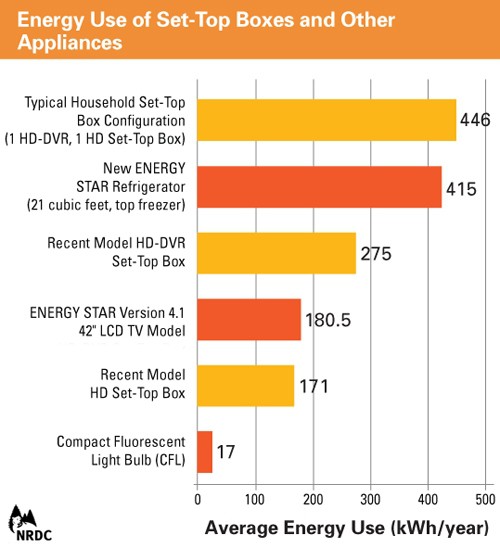
Charles Dolan, Cablevision CEO
Cablevision Systems Corp.’s board of directors have been sued by an investor for wrongfully approving “grossly excessive” compensation for Chairman Charles Dolan and members of his family who serve as executives at the fifth-largest U.S. cable company.
The board of Bethpage, N.Y.-based Cablevision, which includes Dolan’s three daughters, approved more than $80 million in pay and benefits for the firm’s founder and his son over the last three years while the company piled up financial losses, according to the plaintiff’s suit.
Charles Dolan founded the cable company in 1973. Although others at the company have taken a larger role managing its day-to-day operations, Charles still won approval of $41 million in compensation for himself over a three-year period beginning in 2010. His son James was awarded $40 million, despite the fact he seems to be losing interest in Cablevision, preferring to devote more time to his rock band – JD & The Straight Shot – where he serves as lead singer, according to the lawsuit.
The plaintiff alleges the compensation packages were excessive and a waste of corporate assets at a time when Wall Street analysts criticized the cable company for underperforming financially.
![]() “The Dolans treat Cablevision as a family coffer, routinely entering transactions with the company that have improperly favored the Dolan family’s interests over the interests of the company and its public stockholders,” said shareholder Gary Livingston, who filed the suit.
“The Dolans treat Cablevision as a family coffer, routinely entering transactions with the company that have improperly favored the Dolan family’s interests over the interests of the company and its public stockholders,” said shareholder Gary Livingston, who filed the suit.
What the Dolan family wants, they usually get. The family collectively hold shares that control about 73 percent of the company’s voting rights.
It isn’t the first time the Dolan family — now billionaires — have found themselves in court over compensation issues. In 2008, the company’s top executives agreed to pay more than $24 million to settle shareholder lawsuits accusing them of benefiting from stock option grants that were backdated.
Livingston’s case is an example of “baseless shareholder lawsuits designed simply to enrich the plaintiff and his lawyers,” Charles Schueler, a Cablevision spokesman, told Bloomberg News today in an e-mailed statement.


 Subscribe
Subscribe Two years after energy conservation groups revealed many television set-top boxes use almost as much electricity as a typical refrigerator, a voluntary agreement has been reached to cut the energy use of the devices 10-45 percent by 2017.
Two years after energy conservation groups revealed many television set-top boxes use almost as much electricity as a typical refrigerator, a voluntary agreement has been reached to cut the energy use of the devices 10-45 percent by 2017.

 Here are some tips for current FiOS customers:
Here are some tips for current FiOS customers: Cox Communications is contemplating jumping into the bidding for
Cox Communications is contemplating jumping into the bidding for  Cox and Cablevision, the nation’s two largest privately held or controlled cable companies, have both been mentioned as targets for takeover in a rush to consolidate the cable industry. Cablevision has been rumored to be on the verge of selling for years, but the Dolan family that founded the cable operator has the final say. Cox previously indicated it had no intention of selling, preferring to explore buying opportunities.
Cox and Cablevision, the nation’s two largest privately held or controlled cable companies, have both been mentioned as targets for takeover in a rush to consolidate the cable industry. Cablevision has been rumored to be on the verge of selling for years, but the Dolan family that founded the cable operator has the final say. Cox previously indicated it had no intention of selling, preferring to explore buying opportunities.